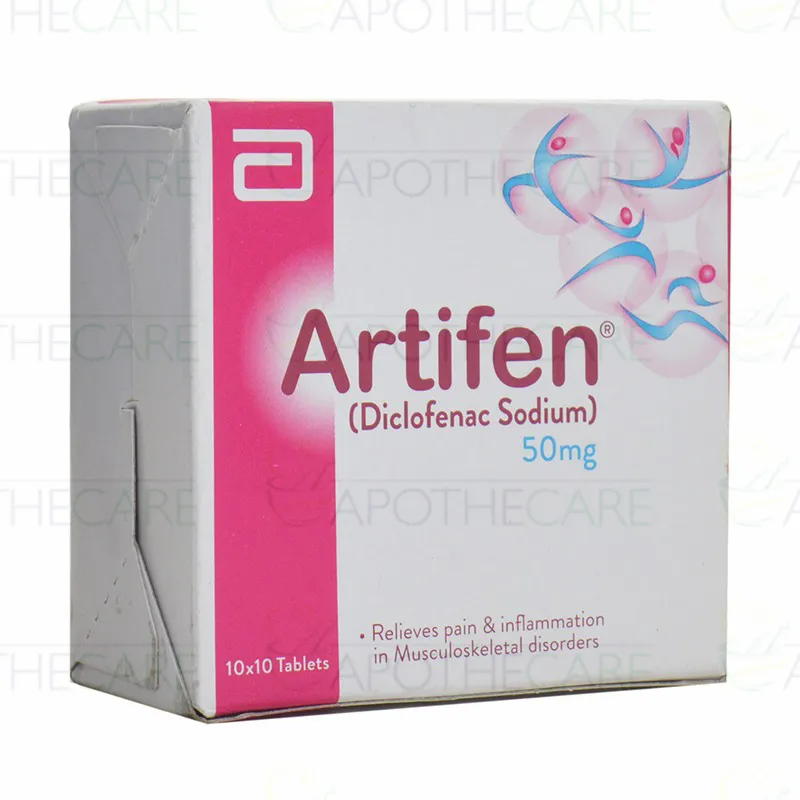Oxidil Injection Iv 1G 1 Vial
Oxidil IV, which contains Ceftriaxone Sodium, is a broad-spectrum antibiotic commonly used to treat bacterial infections. In this article, we’ll explore the drug’s specifications, mechanism of action, uses, side effects, precautions, and other important information to ensure safe and effective use. Oxidil IV Specification Requires Prescription: Yes Generics: Ceftriaxone Sodium Used For: Treatment of bacterial infections Oxidil injection price in Pakistan: Rs. 427.50 How Oxidil IV Works Ceftriaxone, the active ingredient in Oxidil IV, works by inhibiting the synthesis of the bacterial cell wall. Specifically, it targets enzymes known as carboxypeptidases, endopeptidases, and transpeptidases, which are essential for bacterial cell-wall synthesis and division. By binding to these enzymes, Ceftriaxone disrupts the formation of the bacterial cell wall, leading to defective cell walls and, ultimately, bacterial cell death. Indications for Use Oxidil IV is indicated for the treatment of various infections caused by susceptible organisms. These include: Lower Respiratory Tract Infections: Including pneumonia and bronchitis. Acute Bacterial Otitis Media: An infection of the middle ear. Skin and Skin Structure Infections: Such as cellulitis or abscesses. Urinary Tract Infections: Both complicated and uncomplicated urinary tract infections (UTIs). Dosage and Administration Oxidil IV is usually administered intravenously by a healthcare professional. The exact dosage depends on the nature and severity of the infection, as well as the patient’s age, weight, and overall health. Always follow the instructions provided by your healthcare provider for the correct dosage and administration. Possible Side Effects While Oxidil IV is an effective antibiotic, it may cause some side effects. Common side effects include: Hypersensitivity reactions: This can include allergic skin reactions and even anaphylactic reactions in severe cases. Secondary Infections: The use of Ceftriaxone may lead to infections caused by yeast, fungi, or resistant bacteria. Blood Cell Count Changes: These can include neutropenia (low white blood cells), leucopenia (low white blood cell count), eosinophilia (elevated eosinophils), thrombocytopenia (low platelet count), and anemia (including hemolytic anemia). Prolonged Prothrombin Time: Ceftriaxone may cause a slight increase in prothrombin time, which can affect blood clotting. Gastrointestinal Issues: This can include nausea, vomiting, and diarrhea. Liver Enzyme Changes: An increase in liver enzymes such as AST, ALT, and alkaline phosphatase may occur. Other Symptoms: Headache, dizziness, chills (rigors), fever (pyrexia), and a general feeling of being unwell. Drug Interactions When using Oxidil IV, be aware of potential drug interactions that may affect its efficacy or safety: Calcium-containing IV Solutions: Ceftriaxone should not be mixed with calcium-containing solutions, as this can cause precipitates to form, leading to serious complications. Oral Hormonal Contraceptives: Ceftriaxone may reduce the effectiveness of oral contraceptives, so additional forms of contraception should be used during treatment. When Not to Use Oxidil IV Ceftriaxone (Oxidil IV) is contraindicated in certain conditions, including: Hypersensitivity: If you are allergic to Ceftriaxone, cephalosporins, or penicillin, you should avoid using Oxidil IV. Premature Newborns: Ceftriaxone should not be administered to premature newborns up to a corrected age of 41 weeks (weeks of gestation plus weeks of life). Precautions Before Using Oxidil IV Before starting Ceftriaxone therapy, it is crucial to discuss your medical history with your doctor, especially if you have: A history of allergic reactions to cephalosporins, penicillins, or any other beta-lactam antibiotics. Liver disease, as dosage adjustments may be required. Kidney dysfunction, which may also require monitoring during treatment. Pregnancy or breastfeeding: Ceftriaxone is generally considered safe for use in pregnancy (Category B), but always consult your physician before use. Warnings Associated with Oxidil IV Immune-Mediated Hemolytic Anemia: Some patients receiving Ceftriaxone may develop hemolytic anemia, a condition where red blood cells are destroyed prematurely. If this occurs, discontinuation of the drug may be necessary. Prolonged Use and Superinfection: Long-term use of Oxidil IV may result in the overgrowth of nonsusceptible organisms such as fungi and resistant bacteria. Patients should be carefully monitored during extended treatment, and any superinfection should be promptly treated. Impaired Vitamin K Synthesis: In patients with conditions such as chronic liver disease or malnutrition, vitamin K supplementation may be necessary during Ceftriaxone therapy to prevent bleeding issues. Pregnancy and Storage Information Pregnancy Category: Ceftriaxone is considered Category B for pregnancy, indicating that it is generally safe for use, but always consult with a healthcare provider before use. Storage Instructions: Store Oxidil IV at room temperature, away from direct light and heat. Ensure the medication is kept in its original packaging until use to protect it from degradation.

